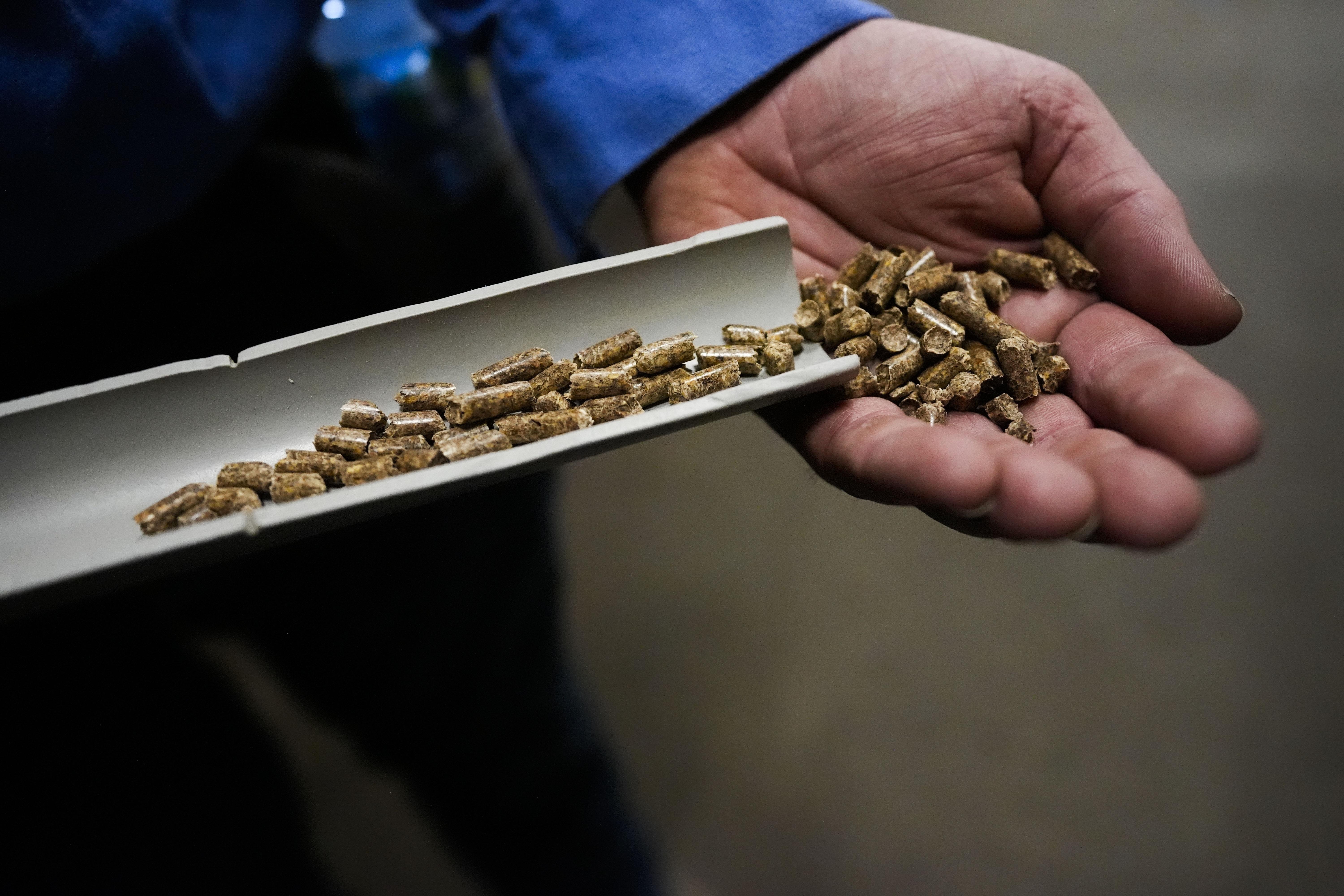“We strongly believe that our health issues are linked to the emissions from the Drax wood industry,” she said. “Residents are reporting daily dust, noise, heavy traffic pollution that's coming from that facility. We have recorded videos showing visible clouds of dust in the air. There's constant loud industrial noise and smoke rising from the smokestacks.”
Mississippi has fined Drax nearly $3 million dollars over the past five years for excessive emissions. A new designation would allow the company to increase production and avoid further fines.
Drax attempted to do this in April, appealing the Mississippi Department of Environmental Quality to change its permit in order to become a “major” source of Hazardous Air Pollutants.
“Many were expecting the permit board to rubber stamp Drax's request, but instead something extraordinary happened,” said Allison Brouk, a senior attorney with EarthJustice. “On April 8th, the permit board voted to deny these permits. That decision reflected what we've known all along, that this facility has a long history of violations and Drax cannot be trusted to self-regulate.”
Brouk says although the company opened its Gloster plant in 2016 under the auspices of causing minimal environmental impact, there has been evidence that they have not been able to do that.
“For example, Drax originally promised to emit just 33 tons of volatile organic compounds, or VOCs, but it was later revealed that the facility was actually emitting nearly 800 tons of VOCs per year, and that's more than 24 times their permitted limit,” she said.
The company is now appealing the April decision. Brouk says she can anticipate the arguments Drax will present.
“They're going to argue that they've made a number of improvements to their facilities in 2020 to improve the emission control equipment, that they have fixed all the problems that they had before,” she said. “So they can assure compliance because they fixed everything.”
Brouk says Drax is also expected to argue that the plant is too far away from residents of Gloster to have any ill effect.
Martin, the director of “Greater Greener Gloster,” says this isn’t true.
“Our health continues to worsen,” she said. “I've been back in the community for the past two and a half years now. Recently, I was prescribed an inhaler. When I finish this call, I have to go and see a pulmonologist. So our health continues to worsen.”
In a statement from Drax, the company says it is looking forward to presenting its case to the Mississippi Department of Environmental Quality permit board. It goes on to say, "We are confident that the air permit applications presented were well written and provided the foundation for more stringent permits that will provide additional monitoring and controls for the plant. MDEQ staff confirmed to the permit board that Drax is currently in compliance and will be able to maintain compliance with the proposed permit applications by all regulatory and technical requirements of MDEQ permits."
Drax says it has earned the trust of the Gloster community, having received more than 200 letters of support from residents, leaders and organizations from Amite County.
An evidentiary hearing is scheduled for Tuesday October 14 at the headquarters of the MDEQ in Jackson.
Editor's note: This article has been updated to include comments from Drax.





